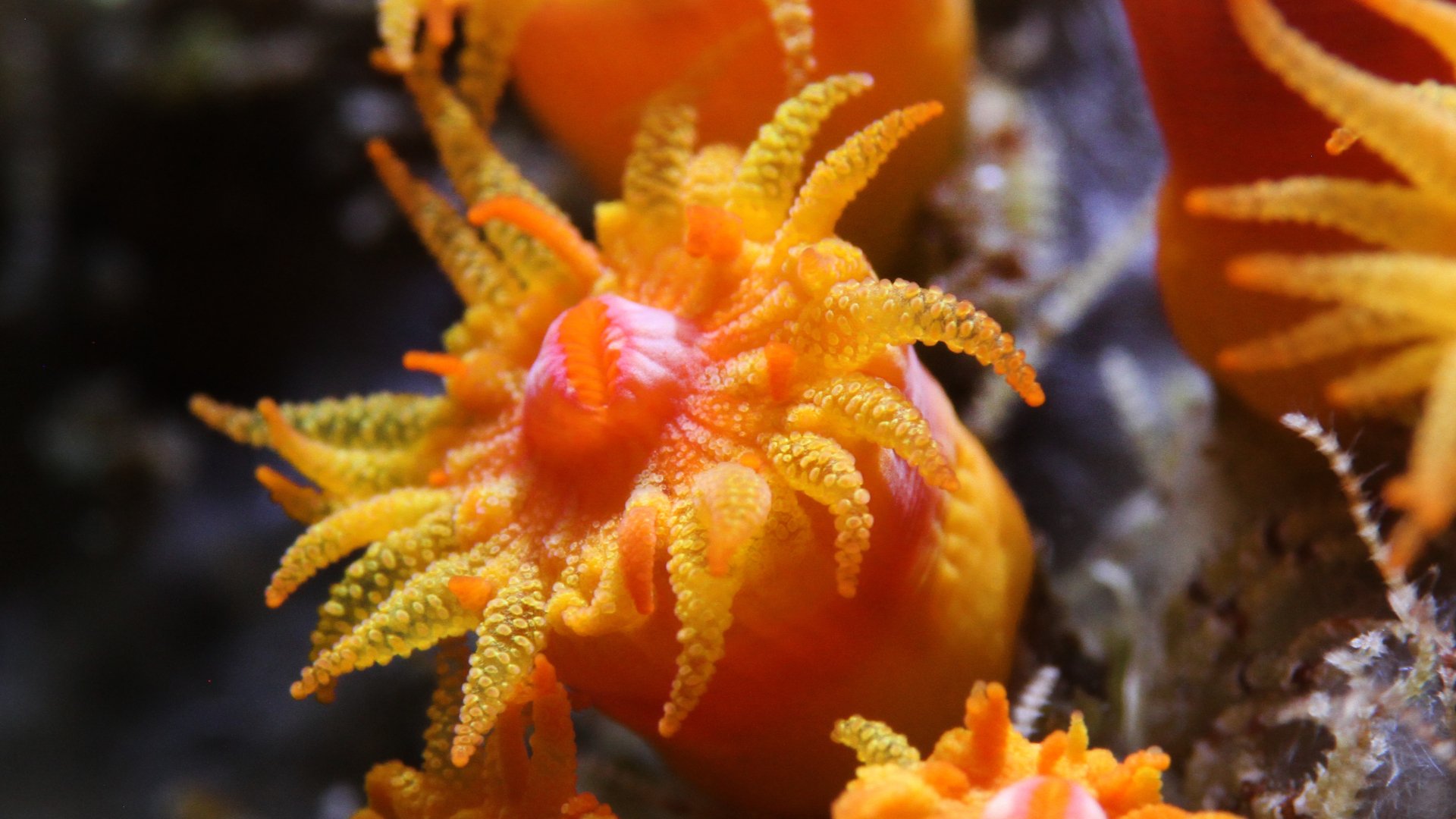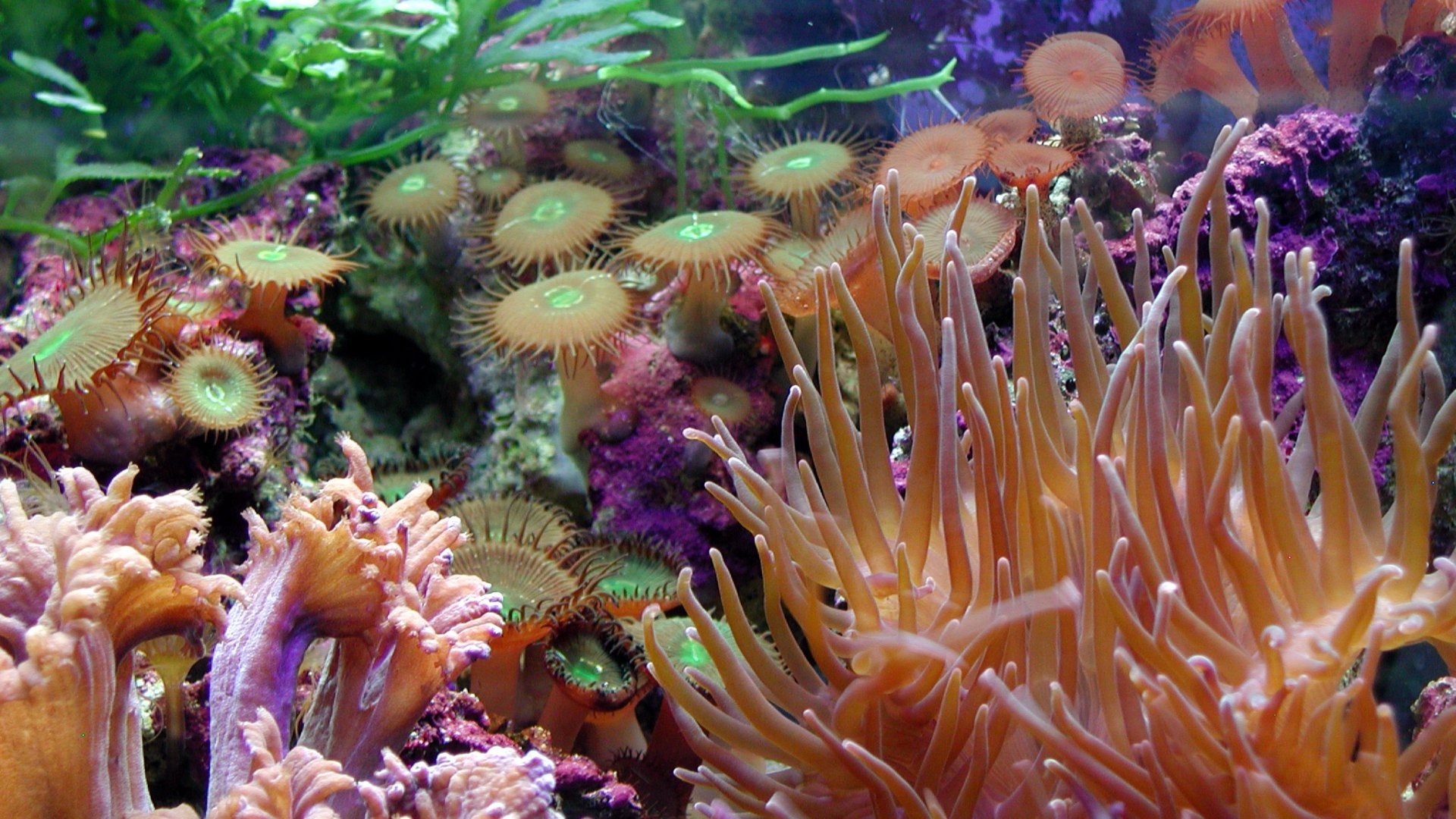Hibernation
Bears, hedgehogs and squirrels; these are the animals that probably come to mind when thinking about hibernation. But did you know that corals also go to sleep in winter? The reef coral Astrangia poculata is one of the species that does this. Researchers at the University of California discovered that this is not just a time of rest, but that a major clean-up takes place as well. A reshuffling of the microbes living on the coral, so the microbiome is prepared for the next season.
Microbiome determines
The coral goes into hibernation because of dropping temperatures. It retracts its tentacles, stops eating and also ignores touch. To investigate exactly what happens during this period of apparent sleep, the researchers collected 10 colonies of A. poculata and looked at the differences in microbiome between colonies collected before, during and after hibernation.

The study shows that during the hibernation period, the coral gets rid of pathogenic microbes and microbes that absorb nutrients. In return, the number of nitrogen-fixing microbes increases. As a result, the microbiome better matches the coral in its dormant state. The study also shows that the composition of the coral's microbiome may cause the coral to reawaken from its hibernation in spring.
Probiotics for corals?
These cold periods are stressors for corals. Now that it appears that the microbiome of corals also changes during these periods of stress, this opens up possibilities for treatment of coral reefs under pressure from climate change and pollution. A kind of probiotics for corals.
To enable treatment for endangered corals, the microbes that protect the corals need to be studied. It is not yet known whether the coral actively repels and attracts microbes, or whether the microbes leave or arrive on their own initiative.
In the future
Hopefully, in the future we will better understand how corals respond to climate change. After all, warming oceans also lead to a change in microbiome. When we understand which microbes are responsible for protecting and activating corals, we can apply this in reef protection programmes.
Source
Brown, A. L., Sharp, K., & Apprill, A. (2022). Reshuffling of the coral microbiome during dormancy. Applied and Environmental Microbiology, e01391-22.

